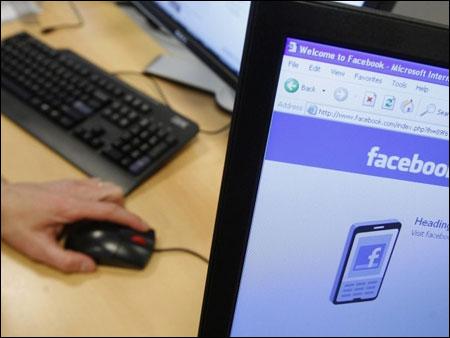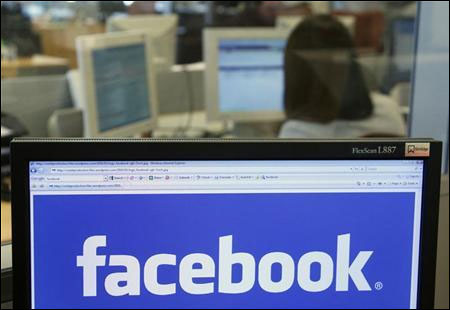Photographs: Reuters Seema Hakhu Kachru in Houston
Facebook has warned legal action against companies that ask job applicants for passwords to the social network, saying such a request violates its terms of service.
Facebook chief privacy officer Erin Egan issued the warning in the wake of a published report that companies and governmental agencies were increasingly asking job applicants for access to their accounts as part of a pre-employment screening process.
In an open note to its users, Facebook has taken a stand against the growing trend of employers requesting the account passwords of jobseekers as a condition of employment consideration, saying they "don't think it's the right thing to do."Click on NEXT for more...
Don't demand passwords of jobseekers: Facebook warns employers
Photographs: Thierry Roge/Reuters
To be more specific, the company says giving potential employers access to personal accounts is detrimental to both the user and the user's friends, and could have legal ramifications for the employer.
"As a user, you shouldn't be forced to share your private information and communications just to get a job," the note, credited to Egan, flatly says.
"And as the friend of a user, you shouldn't have to worry that your private information or communications will be revealed to someone you don't know and didn't intend to share with just because that user is looking for a job."
Click on NEXT for more...
Don't demand passwords of jobseekers: Facebook warns employers
Photographs: Thierry Roge/Reuters
The note goes on to say that employers requesting passwords open themselves for potential problems like discrimination claims and that they could "assume liability for the protection of the information they have seen."
Still, the note finishes by reaffirming that while Facebook will do what they can to protect their users' right to privacy, the user is most responsible for protecting that right.
"While we will continue to do our part, it is important that everyone on Facebook understands they have a right to keep their password to themselves."




article